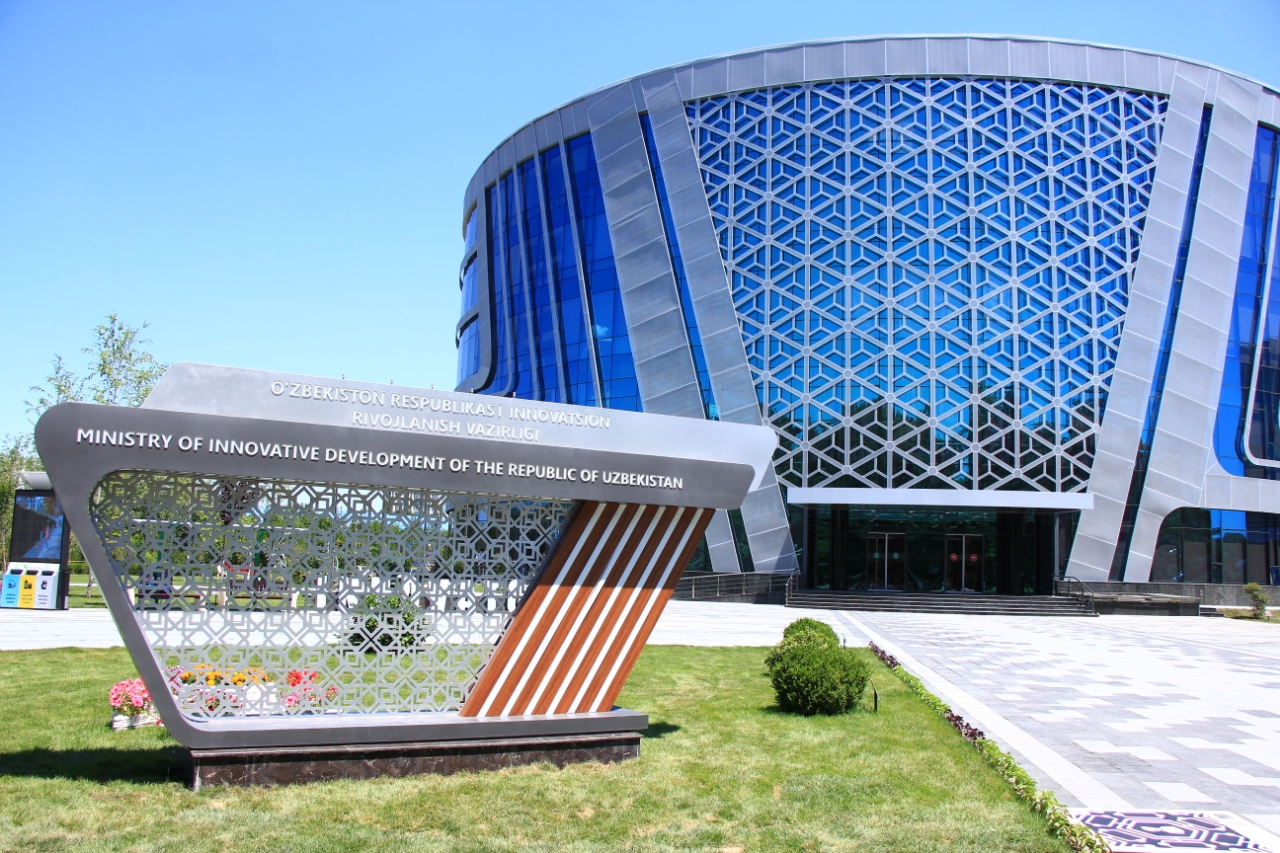The next statement of the Information Service of the Ministry of Innovative Development is devoted to the essence of the decision No. 545 of the Cabinet of Ministers of the Republic of Uzbekistan dated August 27, 2021 "On measures to organize the management system of scientific and innovative activities" Republic of Uzbekistan Resolution No. 545 of the Cabinet of Ministers of August 27, 2021 "On measures to organize the management system of scientific and innovative activities" in accordance with the President of the Republic of Uzbekistan's "Improvement of the state management system for the development of scientific and innovative activities" on" Decree No. PF-6198 of April 1, 2021 and "On measures to further improve state policy in the field of science and innovation development" No. PQ-5047 of April 1, 2021 was adopted in order to ensure the execution of the decision. Decree No. PF-6198 of April 1, 2021 of the President of the Republic of Uzbekistan "On the improvement of the state management system for the development of scientific and innovative activities" and "On further improvement of the state policy in the field of science and innovation development on improvement measures" on April 1, 2021 PQ-5047, the structure of the Ministry of Innovative Development was completely revised and the new structure was approved. Departments and departments duplicating the current functional tasks of other ministries and agencies were abolished, and new structures - departments, departments - were established to enable efficient management of innovative development in the near future, and new main tasks of the ministry were defined.
6 priority areas of activity of the Ministry aimed at concrete results in 2021-2022 were determined:
1) development of biotechnology. In this, a local vaccine against coronavirus infection, a diagnostic tool for the detection of hepatitis V virus, new varieties of corn resistant to drought, salinity and cold, and a high-yielding cotton variety resistant to drought and salinity will be created;
2) increase soil fertility. As a result, based on the identification of useful and harmful substances in the soil in Namangan and Tashkent regions, agrochemical maps of agricultural crops and a soil-ecological assessment of the health level of the soil in selected pilot plots in the Republic of Karakalpakstan, Namangan, Fergana, Surkhandarya and Tashkent regions. maps will be developed, software for comprehensive monitoring and management of soil resources will be created in Mirzaabad district of Sirdarya region;
3) introduction of artificial intelligence. In this, a system of traffic regulation through "smart" traffic lights, "smart display" technologies widely used in the educational process, Uzbek language speech recognition and synthesis technology, and "ISUD" intellectual system will be created in the field of justice;
4) innovative technologies for production, storage and use of hydrogen will be created through the development of renewable energy;
5) development of animal husbandry. In this process, productive genotypes of Jaidari "Merino" sheep and "Angor" goats will be created, "Uzbekistan-85" variety of nutritious beet resistant to diseases and pests will be planted in Ohangaron district, and the productivity will reach 900 s/ha (actually 500 s/ha). , by developing the technology of mixed cultivation of kashqarbeda with sorghum crops, the productivity will reach 430 s/ha (actually 200 s/ha);
6) industrial models of constructions of agricultural machinery aimed at increasing the efficiency of processing in the field of agriculture (small-seeded vegetable planter, potato digger, chisel cultivator, cotton separator, peanut harvester) will be created, Syrdaryo The technology of sowing cotton and soybeans, soybeans and corn in a double cropping method will be introduced in the district, and the technologies of cultivation and processing of the medicinal plant Kovol will be introduced in Bostanliq, Ohangaron, Zomin, Bakmal, Forish districts and Surkhandarya regions.
The tasks of the ministry were revised and the following tasks were excluded:
introduction of public-private partnership mechanisms; introduction of modern mechanisms of public control;
assessment of the impact of macroeconomic, tax-budget, monetary and credit parameters and integration processes on the economy, formation of medium- and long-term development scenarios of economic sectors;
introducing innovations in the fields of tourism, healthcare and education.
The status, tasks, functions, powers and organizational bases of the Ministry of Innovative Development, as well as the functional obligations and responsibilities of its leaders are defined in the Regulation approved by this Resolution. Based on the defined tasks and directions of activity, the performance indicators of the Ministry for 2021-2022 were approved, in particular:
increase the number of employees engaged in scientific research and experimental construction activities to 1,000 (actually 932) (per 1 million population);
double the number of commercialized scientific developments;
quadruple the number of participants in startup project acceleration programs (from 50 to 200);
increase the number of international joint scientific projects by 3.5 times (from 21 to 79).
Source: https://mininnovation.uz/oz/news/3512
